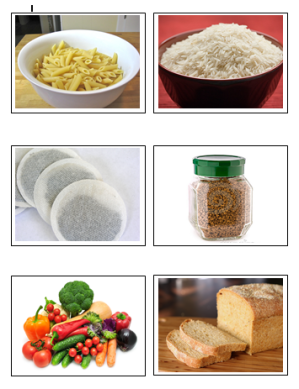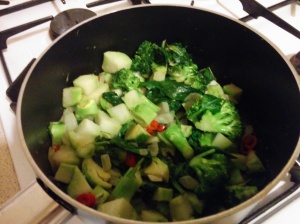June has flown by and I’ve somehow not managed to blog at all, until faced by the prospect of not even having a single post this month, I decided I’d better pull my finger out and get typing! My absence has partly been due to technical difficulties (ie. a rubbish computer!), but partly I’ve just been busy with more outdoor, sunshiney activities than blogging.
Anyway, here’s a quick roundabout of some of my activities…
- Curb cooked a thank you lunch for the volunteers at our local repair cafe. I’ve always been curious about the cafe, so it was good to see it in action. The idea behind the cafe is to encourage people to fix broken household items, rather than throwing them away and buying more. We cooked a Mexican themed meal, which was accompanied by smoothies and a fruit crumble to finish.
- Last week, Curb also had a stall serving snacks at Southampton’s first upcycled fashion show. It was awesome to see the creations that local volunteers had worked so hard on, as well as to experience a fashion show – albeit without any supermodels! Among my favourite outfits were two dresses, one made from a re-purposed table cloth and the other from net curtains. It was inspiring to see what can be done with a bit of imagination and a sewing machine.
- Almost a year after I started volunteering at the food bank, I finally got round to having my induction!! It was nice to meet people from the other food banks, and I did actually learn the odd new thing or two, but let’s face it, when is health and safety aspects of lifting trays of tinned food ever going to be exciting?!
- In July, Curb is taking over the Community Corner at our local wholefoods co-op, Rice Up. We’ll be displaying posters and information about what we do to raise awareness of food waste and ways of preventing it.
I’ll have to try harder to balance being in the garden with being in front my laptop next month, although I could simply combine the two…!




